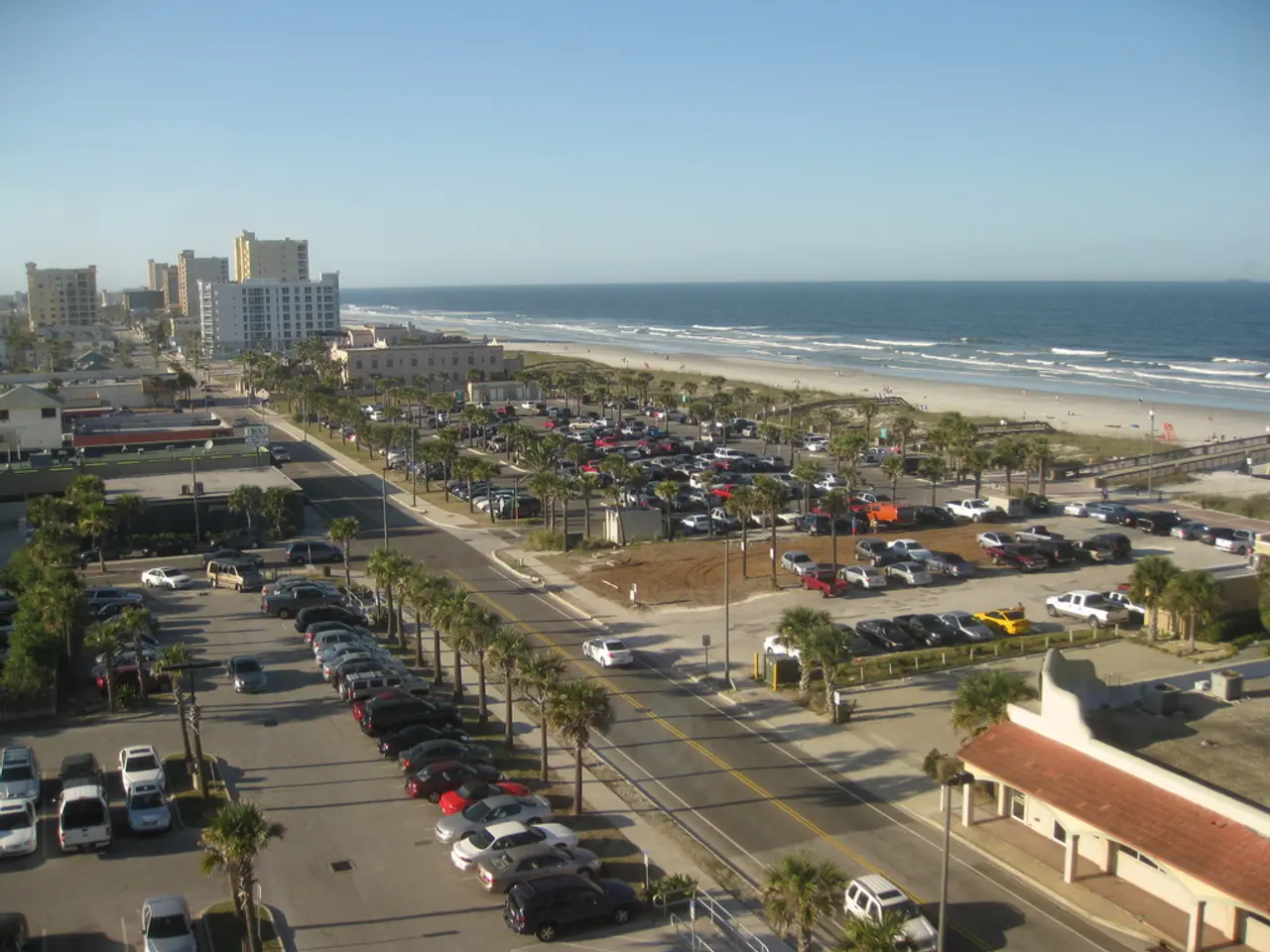EU Boosts Scientific Independence with Ocean, Climate Monitoring Investment
The European Union is bolstering its scientific independence by investing in domestic ocean and climate monitoring capabilities, aiming to rival and potentially replace U.S.-based services. This move comes as several EU countries launch initiatives to attract U.S. scientists, with a surge in interest from American researchers in European institutions.
In a significant development, the EU is investing in its ability to monitor oceans and climate systems independently. This effort seeks to 'mirror and possibly replace' U.S.-based services, demonstrating a commitment to scientific self-sufficiency.
Several EU countries are actively courting U.S. scientists. France's 'A Safe Place for Science' and Germany's 'Max Planck Transatlantic Programme' are notable examples. In Germany, universities in Baden-Württemberg have launched a joint fellowship program, funded by the state Ministry of Science, Research, and Arts, to support American and international researchers facing political pressure and funding cuts in the USA. This program focuses on postdocs in fields such as biomedicine, climate, and human rights.
Spain is reinforcing its ATRAE programme with €45 million to attract established researchers, particularly from the U.S. Meanwhile, European institutions have reported a 32% increase in applications from U.S. researchers in the first quarter of 2025 compared to the previous year.
The EU is preparing new legislation, the European Research Area Act, to support scientific mobility within the EU. Additionally, Denmark, Finland, Germany, the Netherlands, Norway, Spain, and Sweden are reviewing their reliance on U.S. data systems. The EU's 'Choose Europe for Science' programme offers seven-year 'super grants' and plans to double existing relocation support for researchers.
The EU's efforts to reduce its reliance on U.S. scientific infrastructure and actively recruit displaced U.S. researchers, as seen in the 'Choose Europe for Science' programme, reflect a strategic approach to strengthening its scientific independence and global competitiveness.
Read also:
- Deadly addiction: strategies for smoking cessation to live longer
- Magnesium-Rich Beverages: Origins, Advantages, and Potential Hazards
- Chinese Rare-Earth Mining Endangers the Mekong River's Integrity
- Deteriorating munitions are submerged in the Baltic Sea, and Germany aims to retrieve them before it's too late.







